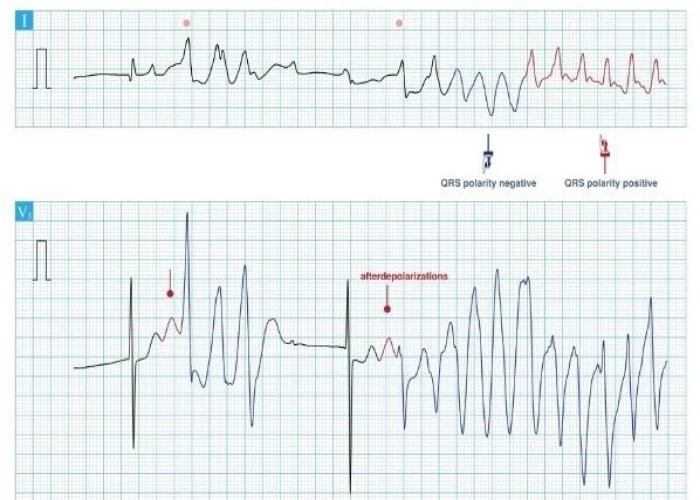 Welcome
Welcome
“May all be happy, may all be healed, may all be at peace and may no one ever suffer."
Long QT syndrome
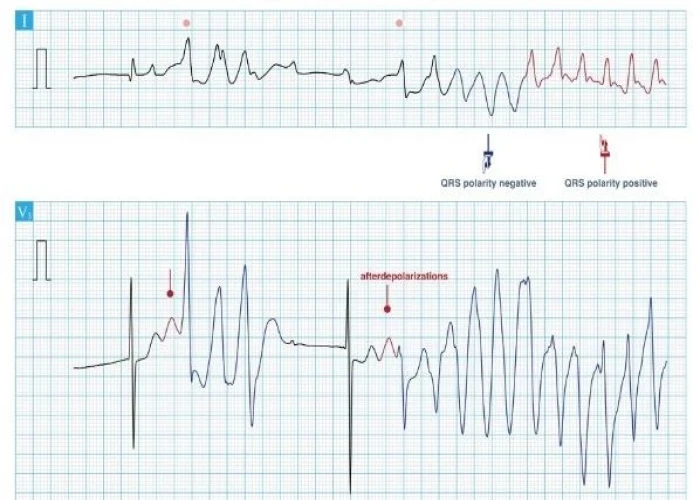
Long QT syndrome (LQTS) is a heart rhythm disorder that affects the electrical system of the heart. It is characterized by an abnormal prolongation of the QT interval on an electrocardiogram (ECG), which can lead to a potentially life-threatening arrhythmia called torsades de pointes.
LQTS is typically inherited and can be caused by mutations in several different genes. There are two main types of LQTS: type 1, which is caused by a mutation in the KCNQ1 gene, and type 2, which is caused by a mutation in the KCNH2 gene. In addition, there are several other less common types of LQTS.
Symptoms of LQTS can include fainting, seizures, and sudden cardiac arrest. These symptoms can occur during exercise or emotional stress, and may be triggered by certain medications.
Treatment for LQTS typically involves medications to help regulate the heart's electrical activity, as well as lifestyle changes to reduce the risk of triggering arrhythmias. In some cases, an implantable cardioverter-defibrillator (ICD) may be recommended to help prevent sudden cardiac arrest.
If you have a family history of LQTS or are experiencing symptoms such as fainting or seizures, it's important to speak with your healthcare provider. An ECG can help diagnose LQTS, and genetic testing may be recommended for individuals with a suspected or confirmed diagnosis of LQTS.
Research Papers
Disease Signs and Symptoms
- Genetic problems
- Heart disease
- Heart pain (Angina)
- Rapid heartbeat (tachycardia)
Disease Causes
Long QT syndrome
Long QT syndrome is a heart rhythm disorder caused by abnormalities in the heart's electrical recharging system. The heart's structure is normal.
Normally, the heart sends blood out to the body during each heartbeat. The heart's chambers contract and relax to pump the blood. This coordinated action is controlled by your heart's electrical system. Electrical signals (impulses) travel from the top to the bottom of your heart and trigger it to contract and beat. After each heartbeat, the system recharges itself to prepare for the next heartbeat.
In long QT syndrome, your heart's electrical system takes longer than normal to recharge between beats. This delay, which often can be seen on an electrocardiogram (ECG), is called a prolonged QT interval.
Long QT syndrome is often grouped into two main categories, depending on the cause.
- If you are born with the condition, it's called congenital long QT syndrome. Some forms of long QT syndrome result from a genetic mutation that is passed down through families (inherited).
- If an underlying medical condition or medication causes it, it's called acquired long QT syndrome. This type of long QT syndrome is usually reversible when the underlying cause is identified.
Causes of congenital long QT syndrome
More than 17 genes have been linked to long QT syndrome so far, and researchers have identified hundreds of mutations within these genes.
Doctors have described two forms of congenital long QT syndrome:
- Romano-Ward syndrome (autosomal dominant form). This more common form occurs in people who inherit only a single gene variant from one parent.
- Jervell and Lange-Nielsen syndrome (autosomal recessive form). This rare form usually occurs earlier and is more severe. In this syndrome, children receive the faulty gene variants from both parents. The children are born with long QT syndrome and deafness.
Causes of acquired long QT syndrome
More than 100 medications — many of them common — can lengthen the QT interval in otherwise healthy people and cause acquired long QT syndrome.
Medications that can cause acquired long QT syndrome include:
- Certain common antibiotics, such as erythromycin (Eryc, Erythrocin, others), azithromycin (Zithromax, Zmax) and others
- Certain antifungal medications taken by mouth used to treat yeast infections
- Diuretics that cause an electrolyte imbalance (low potassium, most commonly)
- Heart rhythm drugs (especially anti-arrhythmic medications that lengthen the QT interval)
- Certain antidepressant and antipsychotic medications
- Some anti-nausea medications
If your condition is caused by a medication, it may be called drug-induced long QT syndrome. Always tell your doctor about all the medications you take, including those you buy without a prescription.
Other causes of acquired long QT syndrome include:
- Low potassium level (hypokalemia)
- Low calcium level (hypocalcemia)
- Low magnesium level (hypomagnesemia)
- COVID-19 infection
Disease Prevents
Long QT syndrome
Congenital long QT syndrome is caused by a genetic mutation. There is no known prevention. However, with proper treatment, you can prevent the dangerous heartbeats that can lead to long QT syndrome complications.
You may be able to prevent the health conditions that lead to some types of acquired long QT syndrome with regular health checkups and good communication with your doctor. It is especially important to avoid medications that can affect your heart rhythm and cause prolongation of the QT interval.
Disease Treatments
Treatment for long QT syndrome involves lifestyle changes, medications, and possibly surgery or other procedures.
The goal of treatment is to prevent erratic heartbeats and sudden death. Your doctor will discuss with you the most appropriate treatment options based on your symptoms and your type of long QT syndrome. Your doctor might suggest treatment even if you don't often have signs or symptoms.
If you have drug-induced long QT syndrome, stopping the medication causing your symptoms may be all that is needed to treat the condition. Your doctor can tell you how to safely do so.
For other cases of acquired long QT syndrome, treating the underlying condition is necessary. Treatment varies but may include magnesium or other fluids given by IV to correct electrolyte imbalances.
Medications
Medications won't cure long QT syndrome, but they can help protect against possible life-threatening heart rhythm changes.
Medications used to treat long QT syndrome may include:
- Beta blockers. These heart drugs are standard therapy for most patients with long QT syndrome. They slow the heart rate and make long QT episodes less likely. Beta blockers used to treat long QT syndrome include nadolol (Corgard) and propranolol (Inderal LA, InnoPran XL).
- Mexiletine. Taking this heart rhythm drug in combination with a beta blocker might help shorten the QT interval and reduce your risk of fainting, seizure or sudden death.
Always take the medications your doctor prescribes as directed.
Surgery or other procedures
Depending on your symptoms, your doctor might consider other long QT syndrome treatments for you, including:
- Left cardiac sympathetic denervation (LCSD) surgery. In this procedure, surgeons remove specific nerves along the left side of your spine in your chest. These nerves are part of the body's sympathetic nervous system, which helps control your heart rhythm.
- LCSD is generally reserved for people with long QT and persistent heart rhythm problems who are at high risk of symptoms and cannot take or tolerate beta blockers. It doesn't cure long QT syndrome, but it does help reduce the risk of sudden death.
- Implantable cardioverter-defibrillator (ICD). An ICD is implanted under the skin of your chest and continuously monitors your heartbeat. It can stop a potentially life-threatening arrhythmia. When an ICD detects an abnormal heart rhythm, it delivers electrical shocks to reset the heart back to normal.
- Most people with long QT syndrome do not need an ICD. However, the procedure may be done in certain athletes to allow return to competitive sports. The decision to implant an ICD, especially in children, needs to be carefully considered. Implanting an ICD is a major procedure and can result in inappropriate shocks and other complications.
Disease Diagnoses
Disease Allopathic Generics
Disease Ayurvedic Generics
Disease Homeopathic Generics
Disease yoga
Long QT syndrome and Learn More about Diseases
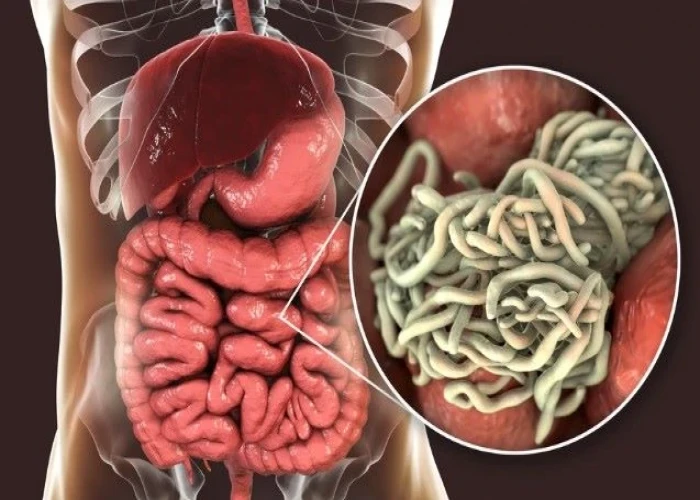
Pinworm infection
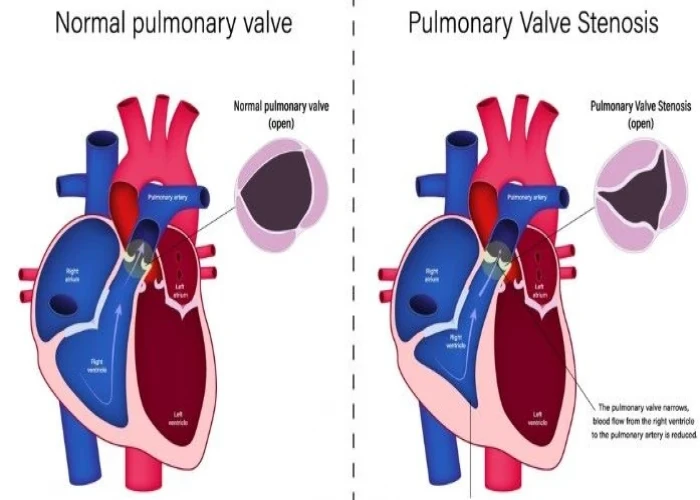
Pulmonary valve disease
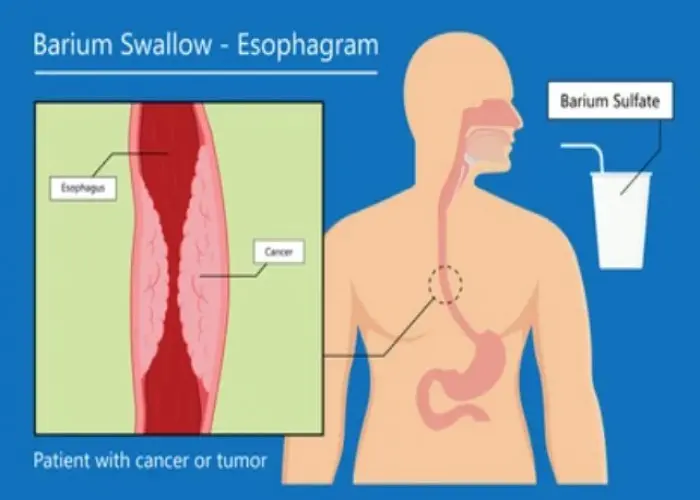
Barrett's esophagus

Bedsores (pressure ulcers)
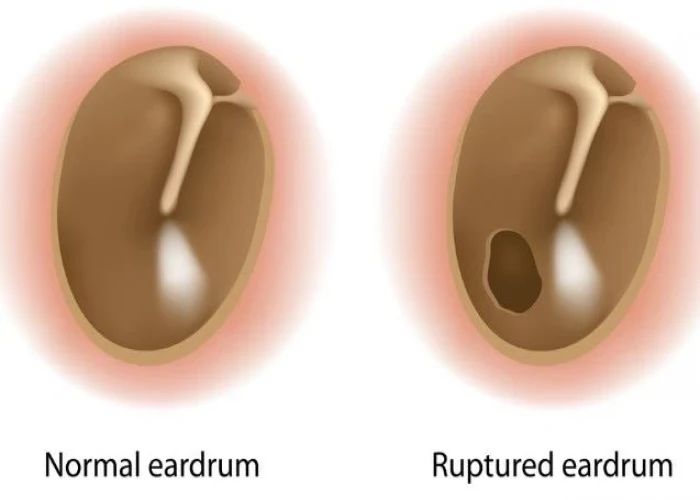
Ruptured eardrum (perforated eardrum)

Pouchitis

Angelman syndrome
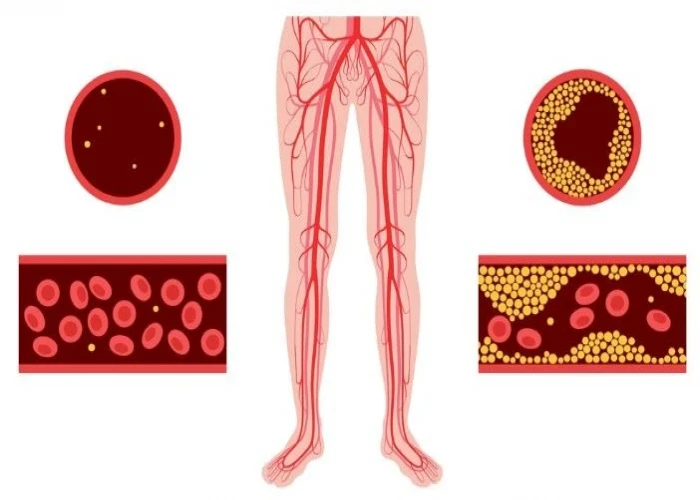
Peripheral artery disease (PAD)
long qt syndrome, লং কিউটি সিনড্রোম
To be happy, beautiful, healthy, wealthy, hale and long-lived stay with DM3S.
